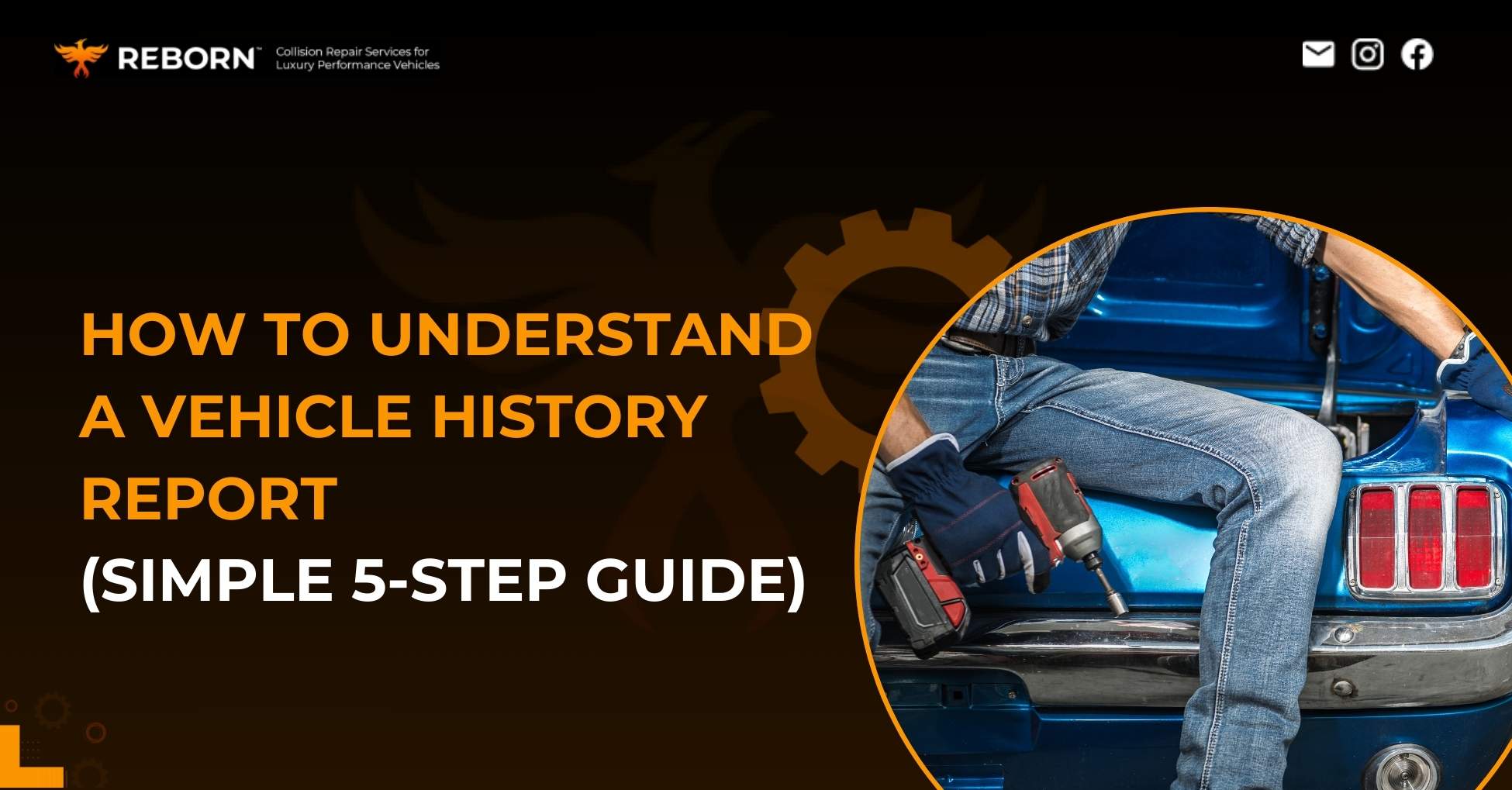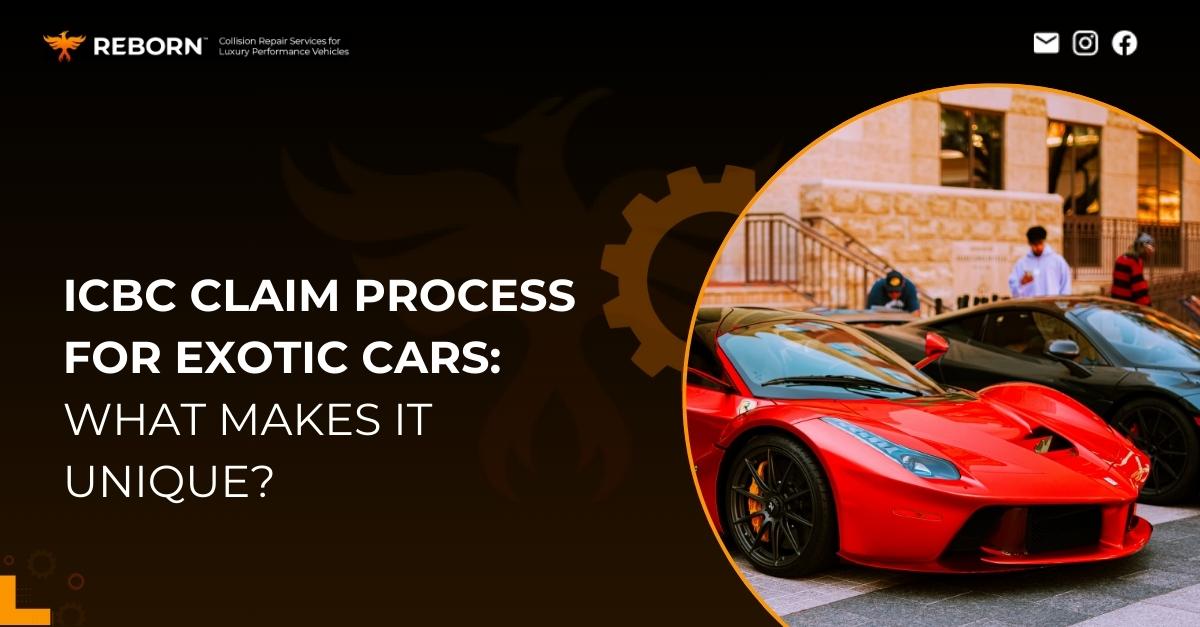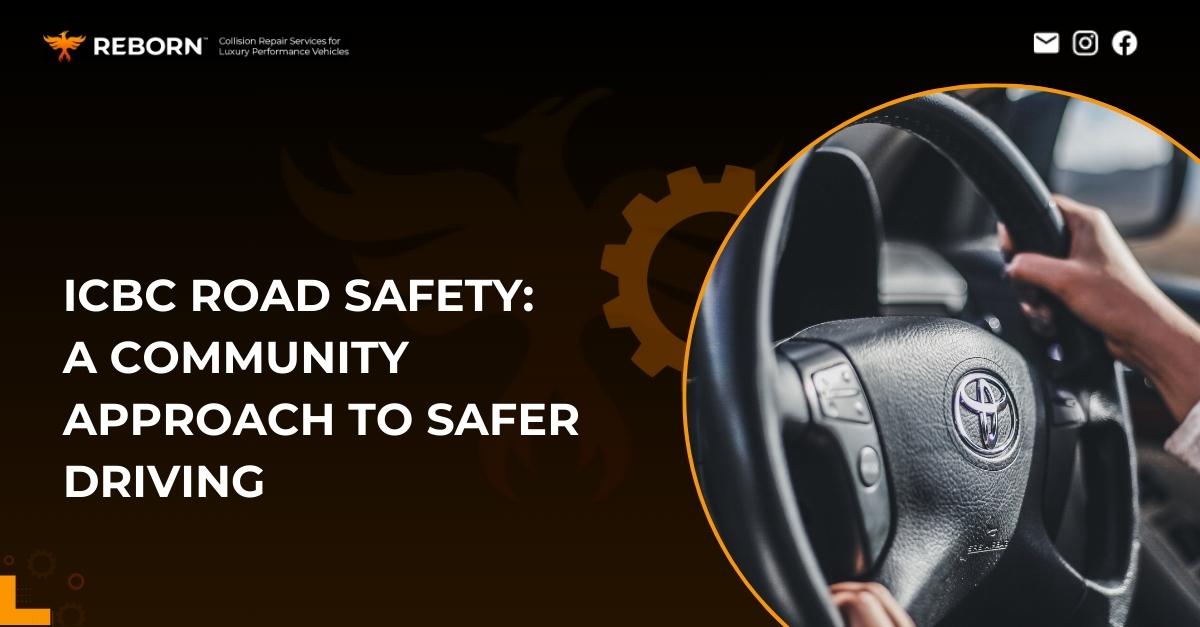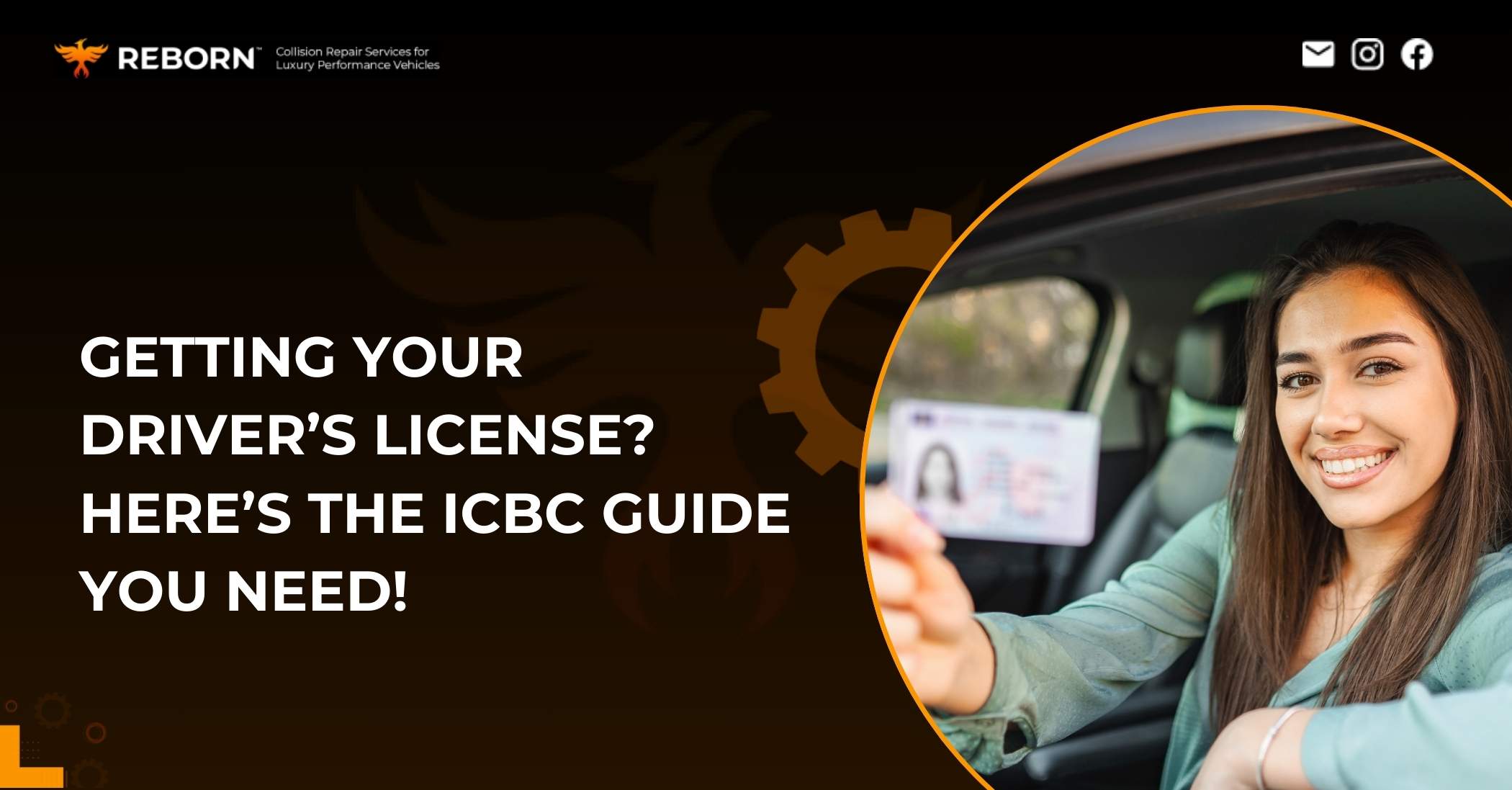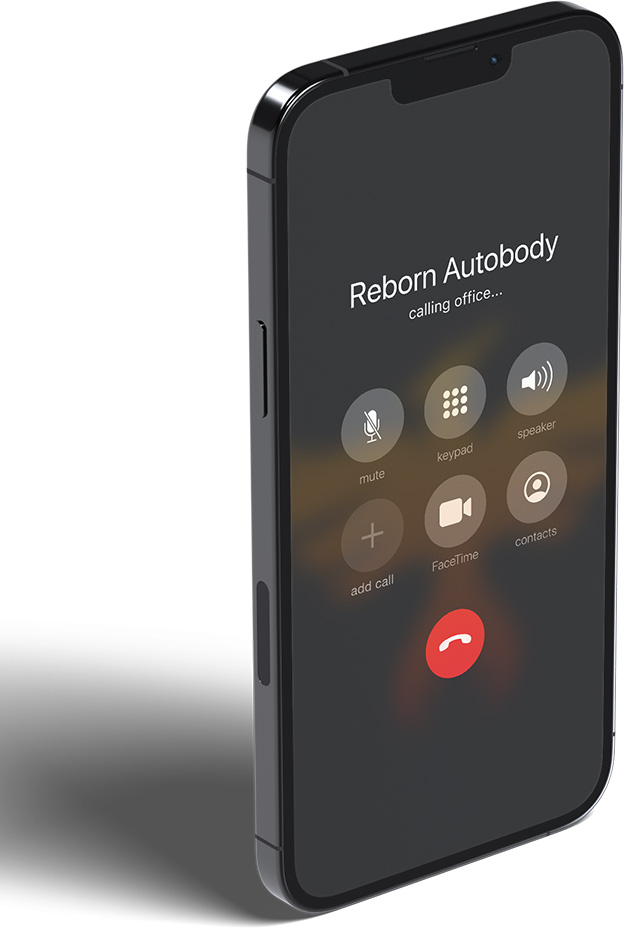When you buy a used car, knowing its history is essential. A vehicle history report provides important details about the car’s past, including accidents, ownership changes, and maintenance records. This report helps buyers decide if a car is worth purchasing, so it’s important to understand how to read it. Fortunately, you’re in the right place!
What is a Vehicle History Report?
A vehicle history report is a detailed document that provides key facts about a used car’s background. It’s an essential tool for prospective buyers, offering information that can influence their decision. The report compiles data from various sources to create a clear timeline of the car’s life, from manufacturing to the present.
The report covers multiple aspects, giving buyers a true picture of the car’s condition and value. It details previous ownership, showing how many people have owned the car and for how long, offering insights into how well it’s been maintained over the years.
5 Tips for Interpreting a Vehicle History Report
Understanding a vehicle history report is essential when buying a used car. This detailed document provides valuable insights into a car’s past, helping you make informed choices. Here’s how to interpret the main sections of a vehicle history report:
1. Check the Vehicle Identification Number (VIN)
The VIN is a unique 17-character code that acts as the car’s fingerprint. Ensure the VIN on the report matches the one on the vehicle itself. You can find this code on the dashboard, driver’s side door post, ownership permit, and insurance card. Confirming the VIN helps verify the car’s identity and assures you that you’re viewing the correct history report.
2. Review Ownership History
This section shows how many previous owners the car has had and the duration of each ownership. Frequent changes in ownership within a short time can be a red flag, while long-term ownership might indicate better care. The ownership history also reveals whether the car was used for personal, business, or rental purposes, which can help you assess its overall condition.
3. Odometer Readings
Vehicle history reports provide odometer readings at key points, like ownership transfers. Be cautious if the vehicle’s odometer shows a lower number than the report. Although odometer rollbacks are less common with today’s digital odometers, they can still happen, so pay attention to discrepancies.
4. Look at Crash and Damage Reports
The accident history is a crucial part of a vehicle history report, detailing any reported crashes or damage. Check for details on the severity of any accidents, like airbag deployment or frame damage. Keep in mind that not all accidents are reported, so a clean report doesn’t necessarily mean the car has never been in a crash
5. Analyze Service and Maintenance Records
The service history provides insight into how well the car was maintained. Look for records of regular oil changes, scheduled maintenance, and timely repairs. A complete service history indicates good care, while gaps may suggest neglect. Also, note any major repairs or part replacements, as they can impact the car’s future performance and value.
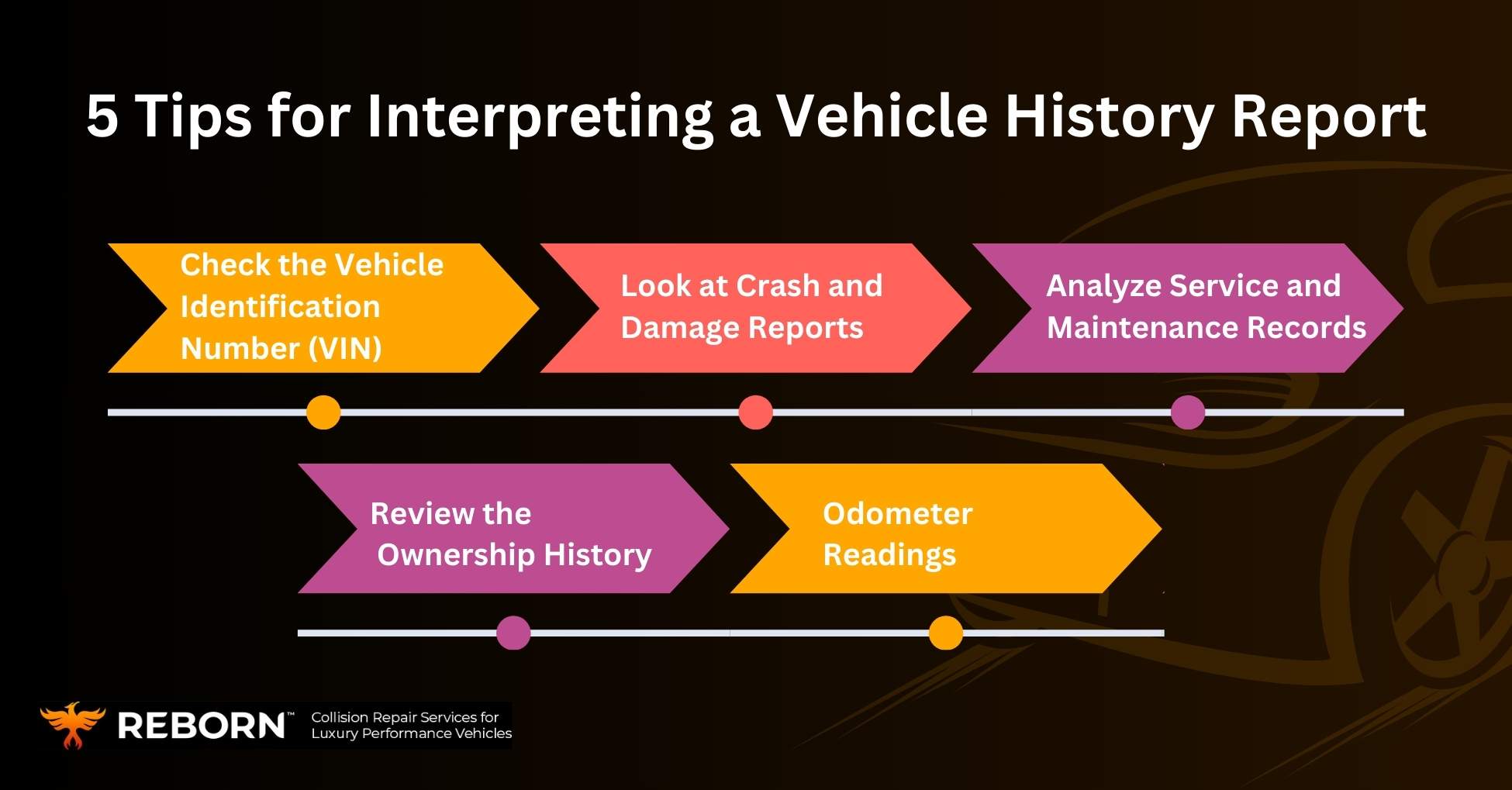
How Do I Get a Vehicle History Report?
Getting a vehicle history report is straightforward. Here are some simple ways to access one:
From Your Insurance Company
Your insurance company can provide a vehicle history report when you purchase a new policy. This can be helpful if you want to double-check the car’s background before finalizing your insurance. If you’re comparing insurance providers, ask if they include this service, as it might help you make a more informed choice.
Through a Dealership
When buying a car from a dealer, simply ask them for a vehicle history report. Most dealers can pull this report directly from the manufacturer by entering the Vehicle Identification Number (VIN) into their system. They can either print it out for you or show it to you on their screen.
Via a Credit Union
Credit unions are another great option for obtaining vehicle history reports. Many offer competitive car loan rates and may provide a report when you’re considering a vehicle purchase. If you’re thinking about a new car loan, opening an account with a credit union could come with extra perks, like access to helpful resources such as vehicle history reports.

When Do I Need a Vehicle History Report?
You might need a vehicle history report in various situations, such as:
1. Buying a Car
When purchasing a new or used vehicle, requesting a vehicle history report is a smart move. It reveals crucial details about the car’s past that may affect its future performance and value, helping you make an informed decision.
2. Shopping for Insurance
If you’re comparing rates from different insurance companies, a vehicle history report ensures you’re getting an accurate quote. The report gives insurers a complete picture of your vehicle’s condition, allowing them to set fair rates based on its history.
3. Selling a Car
When selling your used car, a vehicle history report benefits both you and potential buyers. It verifies that there are no title issues, outstanding liens, or undisclosed accidents. Providing this information builds trust and may help you sell your vehicle faster.
4. Responding to a Recall Notice
If you receive a recall notice, your vehicle history report can reveal any additional open recalls, ensuring you’re aware of all possible safety issues before addressing the recall.
5. Dealing with Car Troubles
If your car has mechanical issues, a vehicle history report can provide insight into potential causes based on the car’s past. Repair shops can also use this information to diagnose and address problems more effectively, leading to better repair decisions.
In Summary
A vehicle history report is essential when buying, selling, or insuring a car. It provides a comprehensive look into a car’s past, covering details like ownership, accidents, odometer readings, and maintenance records. Understanding this report helps you make informed decisions about the car. Be sure to review maintenance records as well. For expert assistance with your car needs, book an appointment with Reborn Auto Body —available 24/7 to help.
FAQs
1. What is a Vehicle History Report?
A vehicle history report provides detailed information about a car’s past, including ownership, accidents, and maintenance records.
2. Can a vehicle history report show past accidents?
Yes, it includes details of reported accidents and damage, though not all incidents may be listed.
3. How can I get a vehicle history report?
You can obtain one from dealerships, insurance companies, or credit unions by using the car’s VIN.


